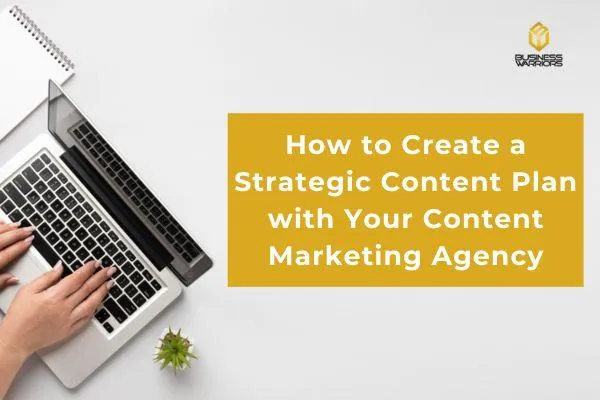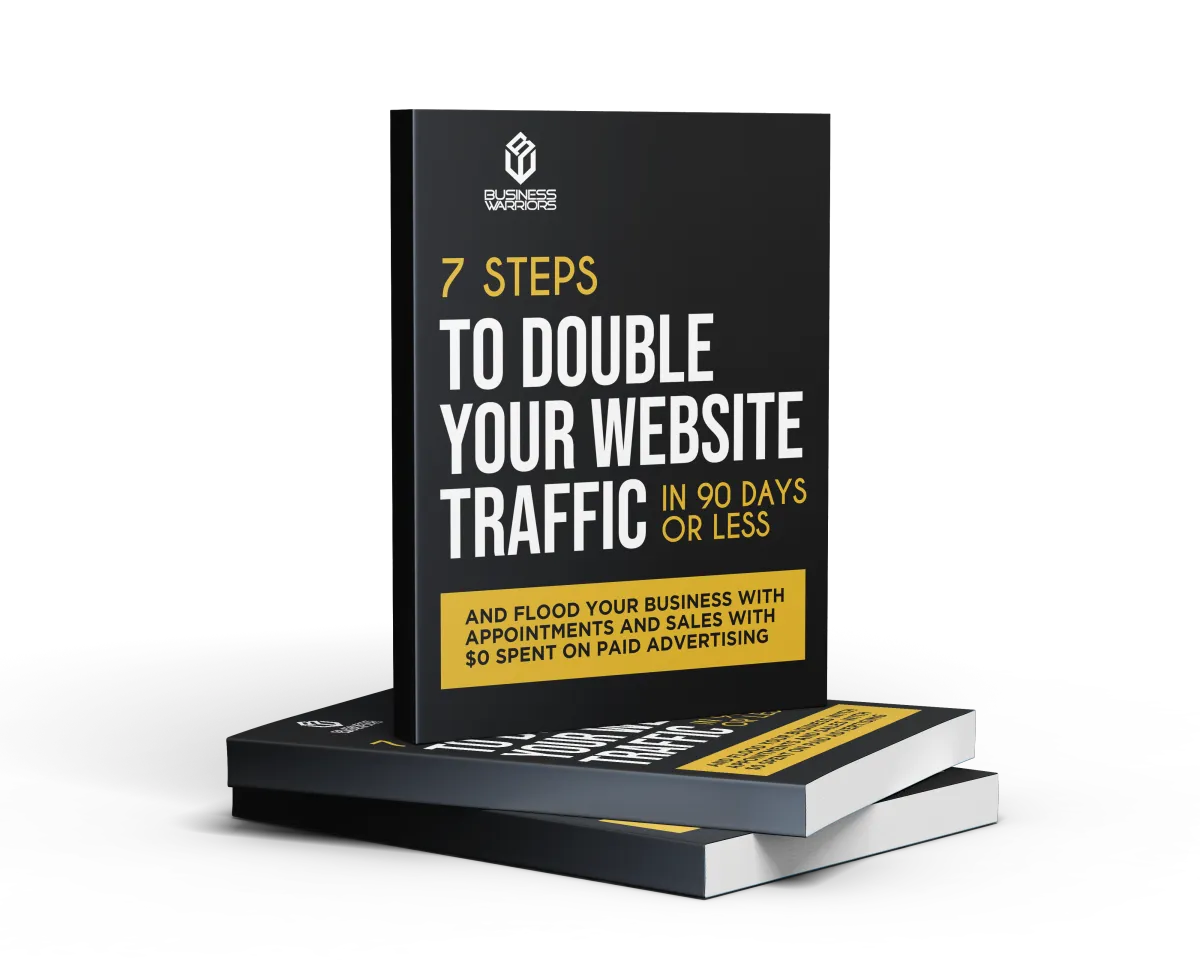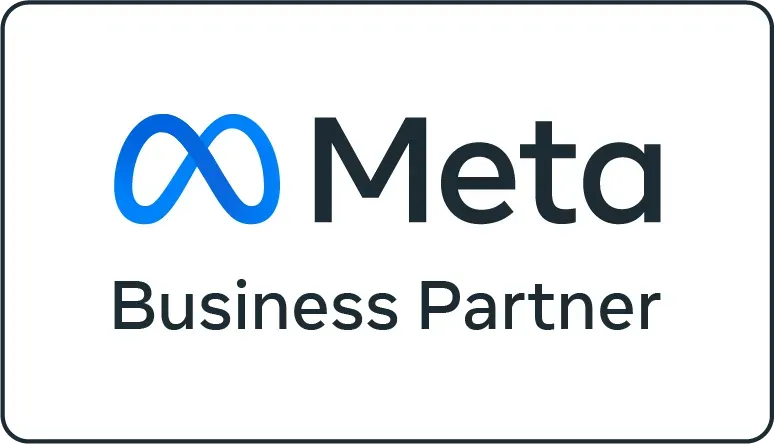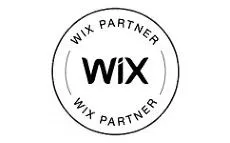Blog

How to Create a Strategic Content Plan with Your Content Marketing Agency
Creating a robust content marketing strategy takes time, planning, and collaboration between clients and agencies. When done right, it becomes a valuable asset that guides your content creation and allows you to reach business goals. This blog will explore best practices for partnering with your agency to develop an intentional strategic content plan. We’ll be covering essential documents to create, tips to align on content themes, steps to optimising subject matter etc. With an organised and integrated approach, your content plan will support wider marketing and business growth objectives over the next 12 months.
Connecting With Your Audience Through Content

If you run a business today, having an effective content strategy is crucial for reaching your goals. By teaming up with a skilled content marketing agency, you can develop meaningful connections with your audience and see significant growth.
But where do you start? How exactly should you work with a content marketing company to build an audience-focused strategic plan?
Focus On Understanding Your Audience First
The key is putting your readers at the forefront when crafting content. Before developing a marketing services plan, your chosen agency will want to dig deep into who your audiences are. This means gaining insights into their challenges, motivations and goals.
An experienced content marketing company will likely ask lots of questions, such as:
- What outcomes is your content trying to drive? Do you want readers taking specific actions?
- What topics resonate most with each audience group?
- What formats or types of content do they best respond to?
- What questions and pain points can your content address for readers?
Any content marketing strategy begins with the consumer in mind.
Map Out The Buyer's Journey
A strategic content plan is designed to lead your audience through a journey before they buy from you.
An agency can help map out typical buyer stages, such as:
Awareness Stage - Readers realizing they have a need
Consideration Stage - Comparing options
Decision Stage - Final purchasing factors
Content should then nurture readers through each step.
Set Clear Goals and KPIs
Before creating any assets, the agency will likely suggest setting S.M.A.R.T. goals and key performance indicators to track. This way you can connect content directly to business results.
Goals around boosting site traffic from organic search, reducing bounce rates, improving brand awareness through social media reach, increasing form fills or sales are all options here. Having quantifiable targets matters.
Develop Valuable Topic Clusters
When ideating content, think in clusters around topics that support audience needs. For example, rather than general parenting advice, hone in on challenges like getting kids to sleep. Develop variations on that issue in different formats like tips posts, videos and Q&As.
Repurposing content into multiple assets is essential too. An eBook could spin off 5-10 social posts for example.
By grouping content tightly around reader-focused topics, you publish less, but high-quality, connected content.
In summary, smart content marketing companies guide you through a process of planning built 100% on what your customers, visitors, and readers will identify with. This empathy, insight and audience understanding sets up any marketing success you wish to achieve.
WHAT WOULD YOUR RETURN ON INVESTMENT LOOK LIKE USING OUR DIGITAL MARKETING VORTEX METHOD TO YOUR BUSINESS?
GET THE DIGITAL MARKETING AGENCY SECRETS: 7 STEPS TO DOUBLE YOUR WEBSITE TRAFFIC IN 90 DAYS OR LESS








